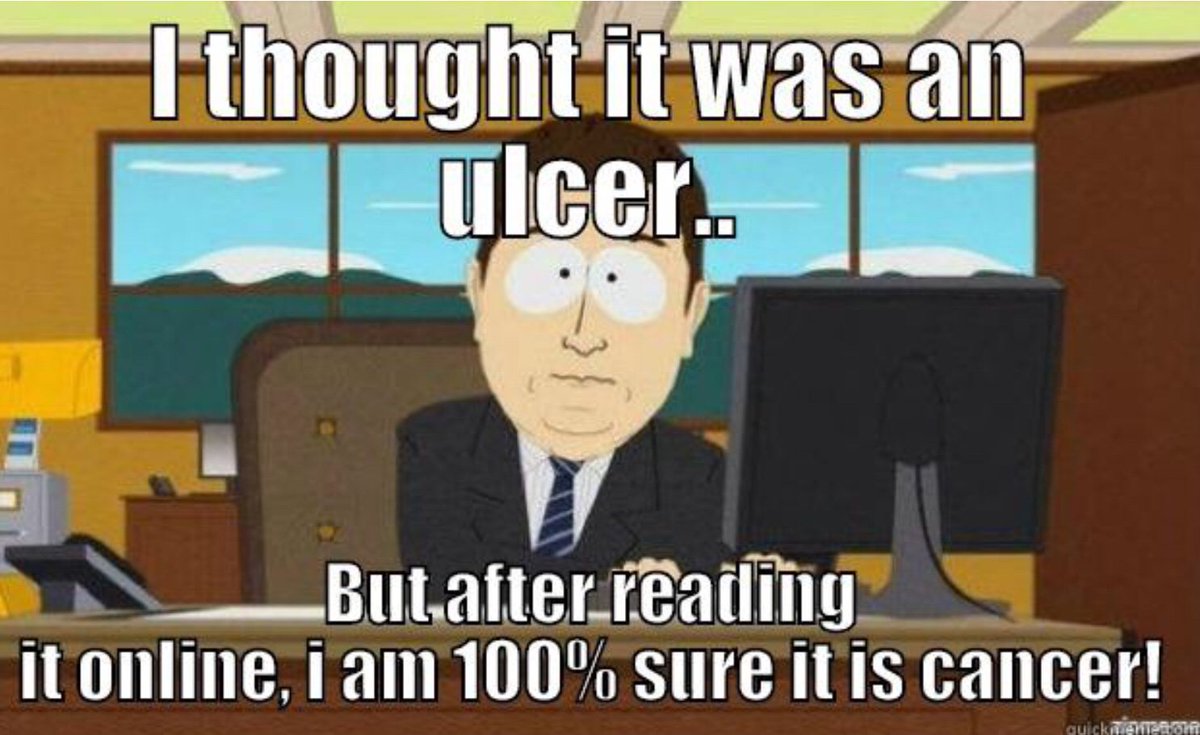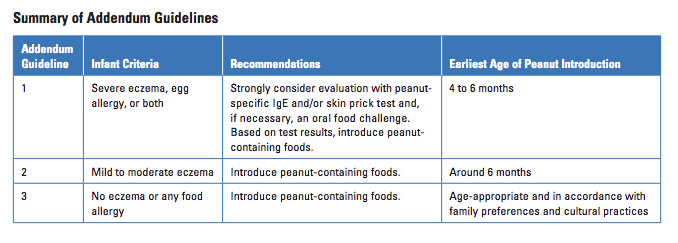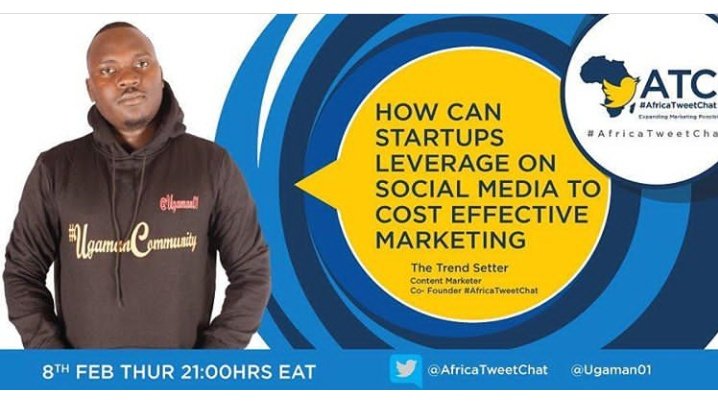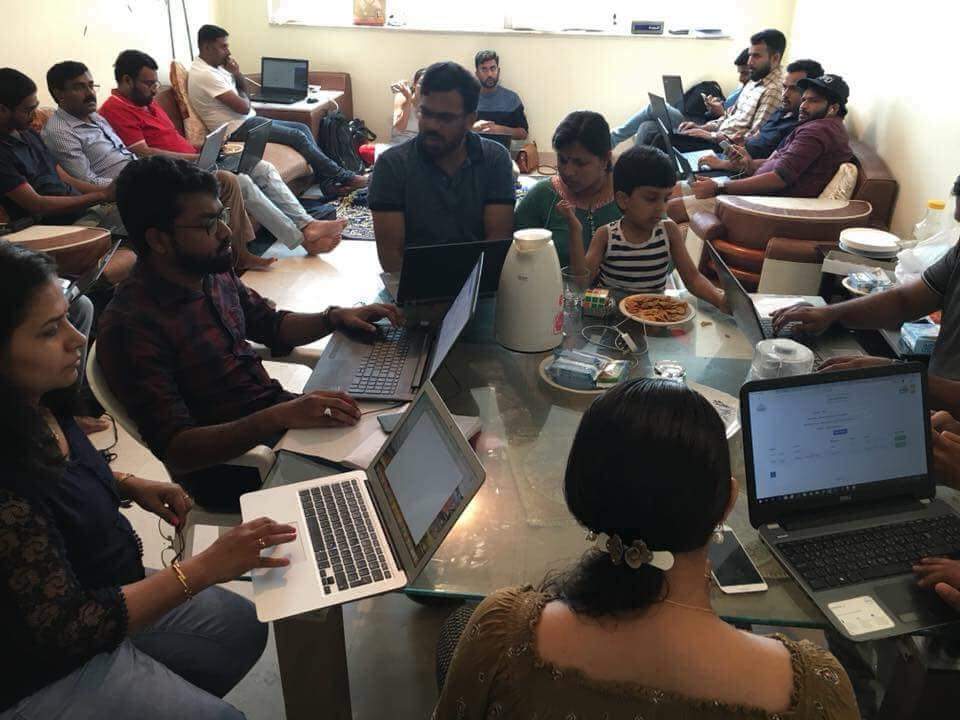This thread discusses some problems with that statement ⬇️ #TuesdayThoughts
1. Time to search ALL relevant references
2. Understanding of what constitutes evidence AND how strength of evidence varies
3. Understanding of all the biases that influence research...within ourselves AND the authors/publication source
This is very different than starting with “I want my child’s school to be nut free...what information is out there?”
- Algorithms influence order & inflate importance
- Non evidence based sites & blogs appear that may influence findings
- Peer reviewed publications & proven research studies often will not appear
- Irrelevant to initial question
- Supportive
- Not supportive
The strength of evidence is WAY more important than number of resources - One peer reviewed meta analysis or randomized trial >>>>>>>50 non evidence based blog posts
More info: thelogicofscience.com/2016/01/12/the…
But PROPERLY conducting research requires way more than a 30 minute Google search.
I started med school 21 yrs ago & am continually practicing & learning

Hopefully this thread offers a glimpse into why it’s a bit more complicated than simply stating:
“I’ve done my own research” #TuesdayMotivation



















